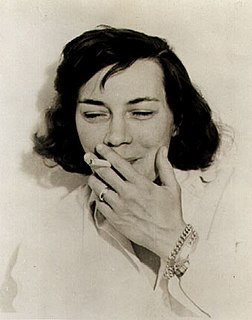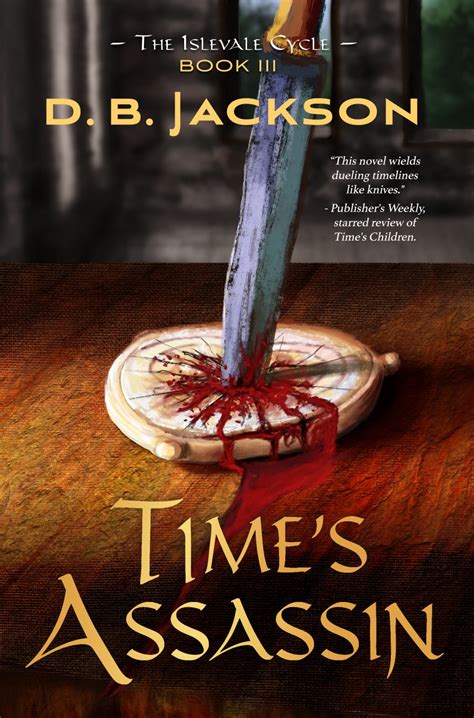A Quote by Teju Cole
When I write, I have a sort of secret kinship of readers in all countries who don't know each other but each of whom, when they read my book, feels at home in it. So I write for those readers. It's almost a sense of writing for a specific person, but it's a specific person who I don't know.
Related Quotes
I myself, as I'm writing, don't know who did it. The readers and I are on the same ground. When I start to write a story, I don't know the conclusion at all and I don't know what's going to happen next. If there is a murder case as the first thing, I don't know who the killer is. I write the book because I would like to find out. If I know who the killer is, there's no purpose to writing the story.
A writer, or at least a poet, is always being asked by people who should know better: “Whom do you write for?” The question is, of course, a silly one, but I can give it a silly answer. Occasionally I come across a book which I feel has been written especially for me and for me only. Like a jealous lover I don’t want anybody else to hear of it. To have a million such readers, unaware of each other’s existence, to be read with passion and never talked about, is the daydream, surely, of every author.
My theory about writing is that one should write books you'd like to read, but no one else has written yet. So, as long as I stick with that, I'm entertaining myself, and then hopefully my readers as well. I hope to god I realize that I'm repeating myself, if I ever do. But if I don't, I'm sure my readers will let me know.
When you write about faith, people will be upset with you no matter what. I've heard from readers who were disgusted with the depiction of monotheistic religion. I've also heard from readers who were upset because my portrayal of faith did not adhere to their specific doctrines. Fortunately, I have high risk tolerance.
You write differently in each book. It may appear to be similar to readers, but you're a different writer in each book because you haven't approached that subject before. And every subject brings out a different prose strain in you. Fundamentally, yes, you're contained as one writer. But you have various voices. Like a good actor.




































